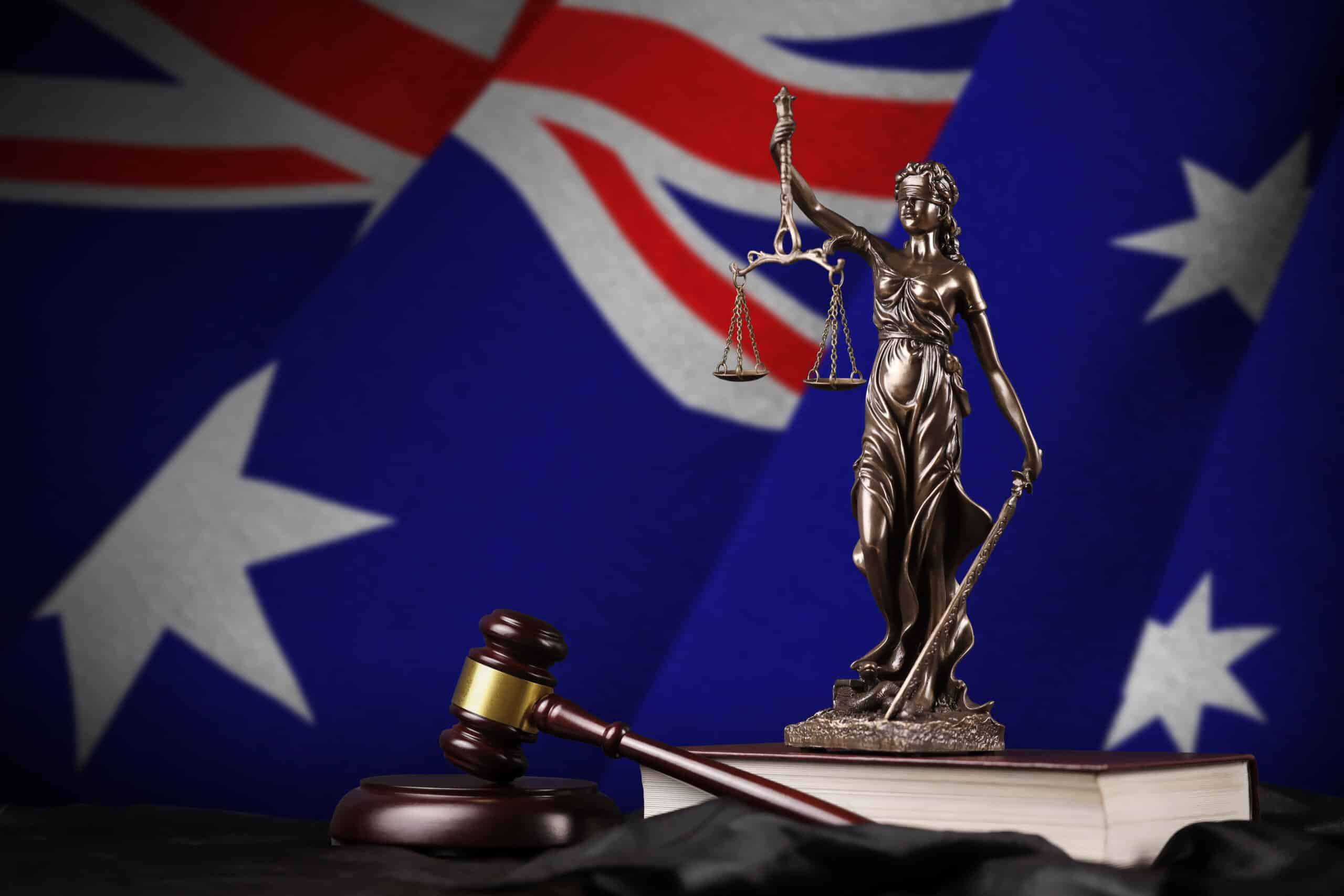The search for a family lawyer near me often begins at a moment of extreme personal stress—the breakdown of a marriage or de facto relationship, or a sudden dispute over children or finances. For Australians facing family law issues, finding local, trustworthy, and expert legal representation is paramount. While modern legal practice, especially after the COVID-19 pandemic, means geographical proximity is less crucial than it once was, the desire for a local family lawyer is understandable for in-person meetings, court appearances at the local Federal Circuit and Family Court of Australia (FCFCOA) registry, and local knowledge. However, the decision should be driven by expertise and fit, not just postcode. Understanding how to critically evaluate a family lawyer based on their specialty, communication style, and local court experience is the key to securing the best possible outcome for your future.
Featured Definition: Family Lawyer Near Me
Searching for a family lawyer near me involves finding an Australian legal practitioner, licensed to practice family law, whose proximity to the client is convenient for meetings, or whose practice is local to the relevant FCFCOA registry. Crucially, in Australia, the best choice is often a specialist whose expertise in the Family Law Act 1975 and relevant local court practice outweighs simple geographical distance.

Beyond Location: Why Specialisation Matters More Than Proximity
While the convenience of finding a family lawyer near me (close to home or work) is appealing, the jurisdiction of Australian family law is federal. All lawyers in all states (except the unique position of Western Australia) operate under the same Family Law Act 1975 and Family Law Rules 2021.
The Power of Accreditation and Specialisation
When evaluating a potential lawyer, prioritise verifiable expertise over convenience.
| Lawyer Type | Expertise Level | Focus and Cost Impact |
| Accredited Specialist | Formal accreditation by the State Law Society (e.g., Law Society of NSW, Law Institute of Victoria). | Signifies deep, proven expertise and efficiency. They often cost more hourly but resolve issues faster, potentially lowering the overall cost. |
| Experienced Generalist | Practises family law regularly but is not formally accredited. | May be suitable for simple, uncontested matters like divorce applications or easy Consent Orders. |
| Local Generalist | Focuses on multiple areas of law (e.g., property, wills, family) in one location. | Risk of procedural delays and lack of current FCFCOA strategic insights. |
A lawyer who is an Accredited Specialist in family law is statistically more likely to be up-to-date with the nuanced, specific requirements of the Federal Circuit and Family Court of Australia (FCFCOA) and its local registries, such as Melbourne, Sydney, or Brisbane.
The Relevance of Local Court Experience
While the law is federal, knowing the local FCFCOA registry’s operational culture, Judicial Registrars, and typical case management preferences is invaluable.
- Registry Knowledge: A family lawyer near me who regularly appears at the local registry (e.g., the Commonwealth Law Courts Building in Melbourne) will understand the specific listing practices, the temperament of the local judges, and the administrative shortcuts required for fast filing.
- Local Resources: They possess established networks with local mediators, valuers, psychologists, and barristers, ensuring you have access to a known, trusted team of experts who understand the regional cost and time expectations.
For instance, a lawyer in Sydney CBD may not have the best knowledge of the specific processes or judicial preferences of a regional registry like Townsville or Ballarat, even though the core law is identical.
The Vetting Process: Crucial Questions for Your Initial Consultation
Finding the right family lawyer near me involves treating the initial consultation as a vetting interview. You are hiring a strategic partner for one of the most important periods of your life.
Checklist for Interviewing a Family Lawyer
- Experience Alignment: “How many cases similar to mine (e.g., high-net-worth property, complex parenting schedule) have you personally handled in the last two years?” —Focus on relevant, recent experience.
- Cost and Billing: “What are your hourly rates, and do you offer fixed fees for any parts of my matter (e.g., divorce application or drafting Consent Orders)?” —Ensures transparency and helps you control your budget.
- Conflict Strategy: “What is your philosophy on litigation vs. negotiation, and what percentage of your cases settle out of court?” —A lawyer focused on out-of-court resolution (mediation/arbitration) often saves clients significant time, stress, and cost.
- Local Expertise: “How frequently do you appear before the FCFCOA [Insert Nearest Registry City] and are you familiar with their specific Practice Directions?” —Confirms local procedural knowledge.
- Communication Style: “How quickly can I expect a response to a non-urgent email, and who else will be working on my file?” —Ensures your expectations regarding responsiveness and fees are aligned.
Firsthand Insight into Cost
From my experience, clients often mistakenly hire the cheapest family lawyer near me only to find the slow pace, procedural errors, or lack of specialist knowledge results in double the eventual legal fees and a significantly worse outcome. Investing in strategic expertise upfront is usually the most cost-effective path in Australian family law.
Understanding Costs and Engagement
Australian law requires lawyers to be transparent about their costs via a Costs Agreement before work commences. This is a crucial administrative step designed to protect the client.
| Term | Explanation | Client Action Required |
| Costs Agreement | The mandatory, written document detailing the scope of work, hourly rates, billing increments (e.g., 6-minute units), and estimated total cost. | Read this document thoroughly and ask for clarification on any ambiguous term before signing. |
| Retainer | An initial lump sum paid into the law firm’s trust account as security to cover the first period of professional fees and disbursements. | Ensure you receive a trust receipt, and clarify the circumstances under which the firm can draw down funds from the retainer. |
| Disbursements | Out-of-pocket expenses paid to third parties on your behalf (e.g., FCFCOA filing fees, barrister fees, valuation costs). | These are charged separately from the lawyer’s professional fees and must be itemised clearly on your invoice. |
People Also Ask (PAA) about Family Lawyer Near Me
Q1: Can an Australian family lawyer based far away represent me in my local court?
Yes. Due to the federal nature of the Family Law Act 1975 and the FCFCOA’s reliance on electronic filing and virtual hearings, a lawyer anywhere in Australia can represent a client in any FCFCOA registry. Physical location for a family lawyer near me is often more about client convenience than legal necessity.
Q2: Does my family lawyer need to be based in the same city as the FCFCOA hearing?
No, but it is beneficial. While a lawyer can appear virtually, proximity to the FCFCOA registry (e.g., the Sydney or Brisbane registry) is highly beneficial for urgent in-person filings, attending local case management conferences, and leveraging local judicial knowledge for strategy.
Q3: What are the first steps my family lawyer near me will take after I hire them?
The first steps typically involve drafting and signing the Costs Agreement, conducting a detailed intake interview to establish a factual chronology, ensuring immediate compliance with the duty of full and frank financial disclosure, and taking initial steps for conflict resolution, such as sending a detailed letter of claim to the other party.
Q4: Is it better to hire a large firm or a boutique family lawyer near me?
The ‘best’ choice depends on your needs. Large firms offer extensive resources but often higher overhead costs. Boutique firms, like Galea and Faustin, typically offer more personalised, hands-on senior representation and focus on value and cost-effective resolution, often resulting in lower overall fees.
Expert Q&A on Strategic Lawyer Selection
Q1: How can I check if a family lawyer is properly licensed in Australia?
You can check a lawyer’s practising certificate status by contacting the relevant state or territory law society (e.g., the Law Institute of Victoria or the Queensland Law Society). This administrative check confirms they hold a current, valid practising certificate required under Australian law.
Q2: What is ‘independent legal advice’ (ILA) and when is it required in family law?
Independent Legal Advice (ILA) is a mandatory administrative requirement for highly binding documents like Binding Financial Agreements (BFAs) and certain clauses in Child Support Agreements. It ensures both parties fully understand the legal effect and consequences of the document, and must be provided by separate, unassociated lawyers.
Q3: Should I seek a family lawyer near me who is also a mediator?
A lawyer who is also a registered Family Dispute Resolution Practitioner (FDRP) can be highly advantageous. It demonstrates a commitment to resolution outside of court, which aligns with the FCFCOA’s goal of encouraging settlement before litigation. It also means their strategic advice is fundamentally centred on negotiation and conciliation.
Q4: How important is my lawyer’s social media presence versus their court history?
In family law, a lawyer’s proven track record, reputation amongst the local bar, and demonstrable success in complex matters (their court history) are exponentially more important than their social media engagement. Success in family law is measured by strategic, confidential resolution, not public visibility.
Q5: What is the FCFCOA’s view on lawyers who encourage high conflict?
The FCFCOA’s Family Law Rules 2021 (Rule 1.34) place an explicit obligation on lawyers to conduct proceedings in a manner that facilitates the overarching purpose of the Act—just, quick, and inexpensive resolution. A lawyer who encourages conflict or unnecessary delay may face a court-imposed costs order against them or their firm.
Conclusion: Securing Expertise for Your Australian Family Law Matter
The search for a family lawyer near me is the start of your journey toward financial and emotional security. While proximity can be convenient, the most important factors for any Australian family law matter are the lawyer’s specialisation in the Family Law Act 1975, their experience within the FCFCOA system, and a transparent cost structure. Choosing a firm that values strategic, cost-effective resolution over unnecessary litigation is the smartest investment you can make in your future.
We offer expert family law representation across Australia, combining specialist knowledge of the federal system with a commitment to transparent communication and a clear strategy tailored to your local FCFCOA registry.
To move beyond the search for a family lawyer near me and start securing expert, strategic advice for your parenting or property matter, contact our dedicated team today.




